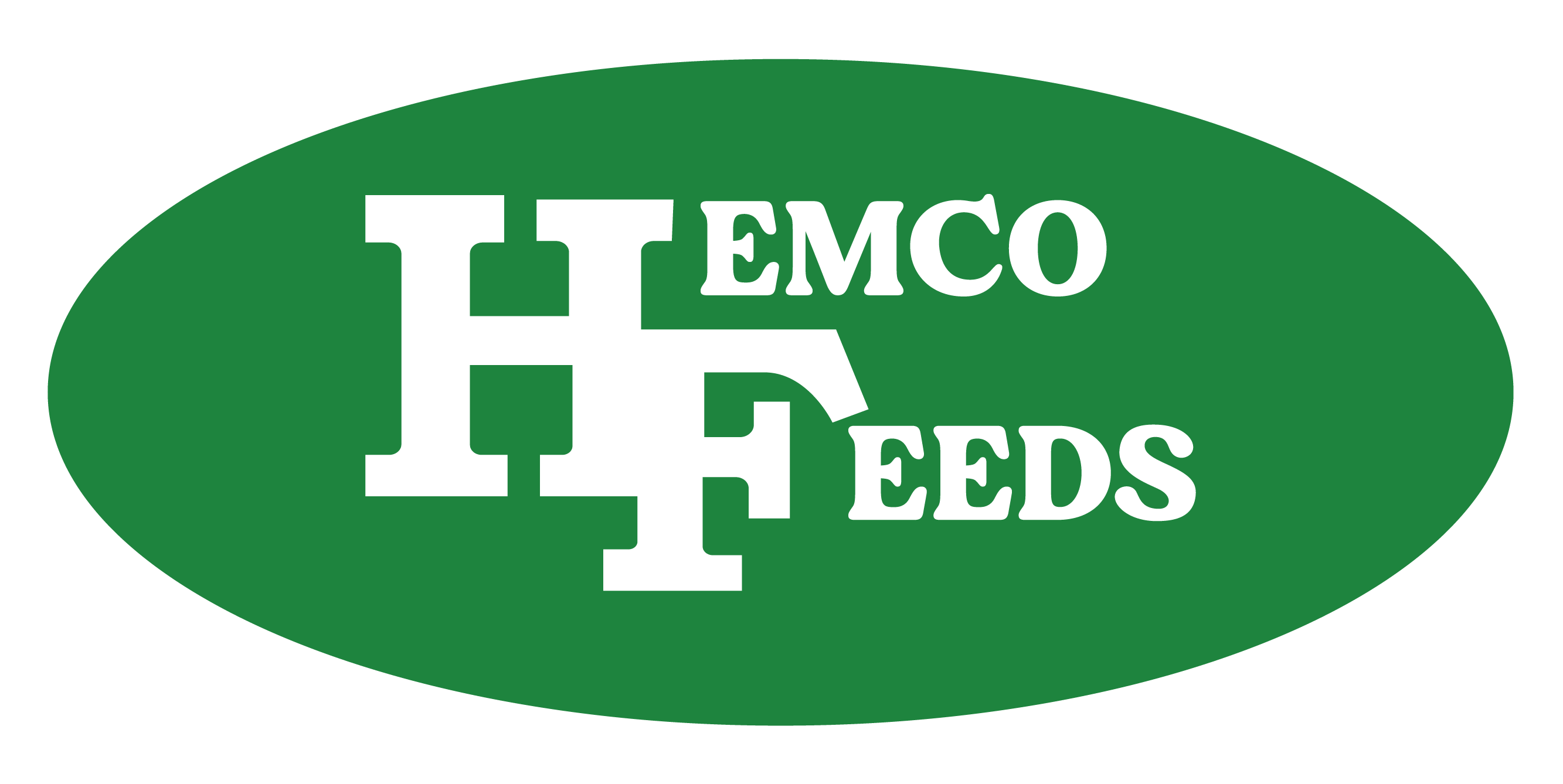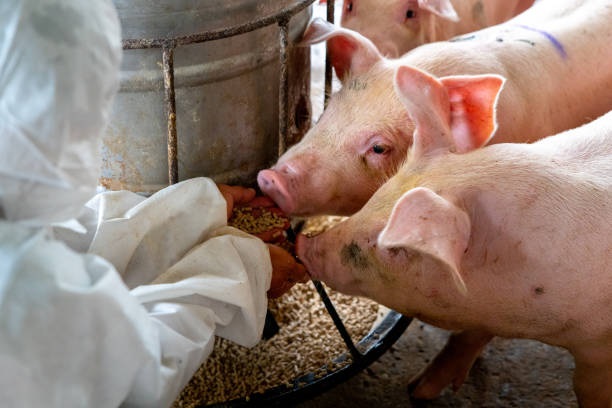Feeding pigs is a critical element of pig farming, significantly influencing their health, growth, and overall performance. In addition to quality pig feed, it is crucial to grasp the dos and don’ts of pig feeding, including their nutritional needs at different growth stages and adhering to hygiene practices to avoid harm to pig health and performance.
Following these guidelines and staying attentive to your pig-feeding approach can guarantee a healthy and productive pig herd and help you avoid common pig-rearing pitfalls while empowering you to master the art of pig nutrition.
The Dos of Feeding Pigs
- Provide Balanced Nutrition: Offer a well-balanced diet that meets the nutritional requirements of pigs at different stages of growth, including a mix of grains, protein sources, vitamins, and minerals.
- Offer Clean Water: Ensure pigs always have clean, fresh water. Water is essential for digestion, nutrient absorption, and overall hydration.
- Monitor Feed Quality: Regularly assess their feed quality to prevent contamination and spoilage. High-quality feed promotes better pig health and performance.
- Follow a Feeding Schedule: Establish a clear and consistent feeding schedule and stick to it. Regular feeding times help maintain digestive health and prevent overeating or underfeeding.
- Provide Adequate Space: Allow sufficient space for pigs to eat without competition or stress. Overcrowding can lead to aggression and uneven growth.
- Consult with Nutrition Experts: Seek advice from animal nutritionists or veterinarians to develop customized feeding programs tailored to your specific herd’s needs.
The Don’ts of Feeding Pigs
- Overfeed or Underfeed: Avoid overfeeding as it can lead to obesity, health issues, and increased feed costs. Similarly, underfeeding can stunt growth and compromise pig health.
- Neglect Fiber Intake: Ensure pigs receive adequate dietary fiber to support digestive health and prevent constipation. Neglecting fiber can result in digestive problems and reduced feed efficiency.
- Rely Solely on Grain: While grains are a valuable energy source, avoid relying solely on them for pig feed. Incorporate protein-rich sources like soybean meal or fish meal for balanced nutrition.
- Use Spoiled or Contaminated Feed: Never feed pigs with moldy, spoiled, or contaminated feed. These can cause illness, digestive issues, and even death in severe cases.
- Ignore Hygiene Practices: Maintain strict hygiene practices in feed storage areas and feeding equipment to prevent contamination. Poor hygiene can lead to disease outbreaks and reduced pig performance.
- Neglect Regular Monitoring: Don’t overlook the importance of monitoring pig health and feed consumption every other time. Early detection of issues allows for timely intervention and prevention of potential problems.
Conclusion
Mastering the dos and don’ts of feeding pigs is not just about their health, well-being, and productivity—it’s about the success of your entire swine farming venture. By adhering to best practices, offering balanced nutrition, and upholding proper hygiene standards, farmers can optimize pig growth and performance while minimizing health risks and feed wastage.
Ready to take your pig farming to the next level? Get in touch today to start these strategies and witness the difference in your herd’s health and performance. Your pigs will thank you, and your bottom line will reflect the care and effort you put into mastering pig feeding.

